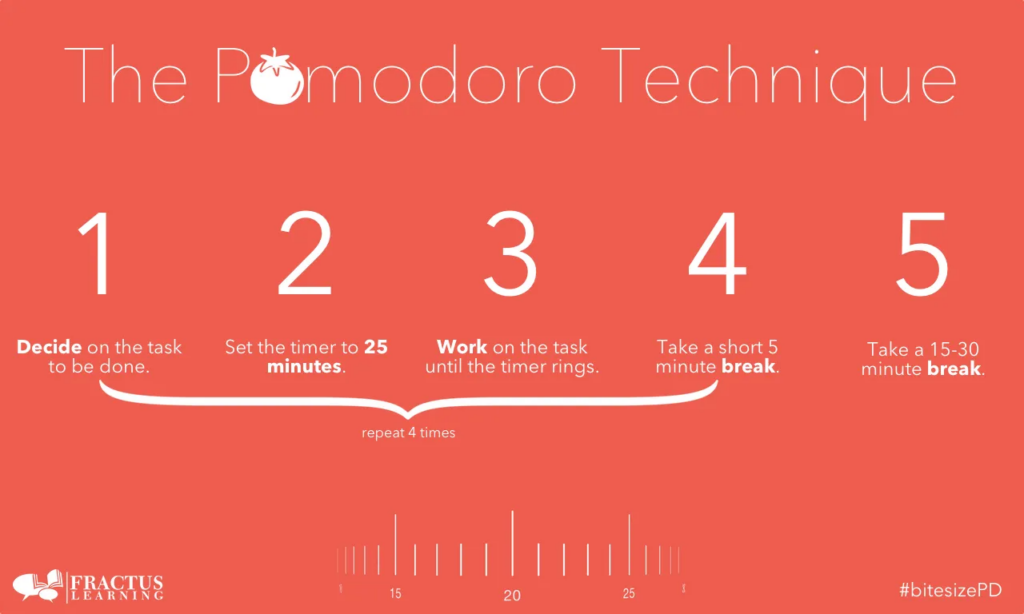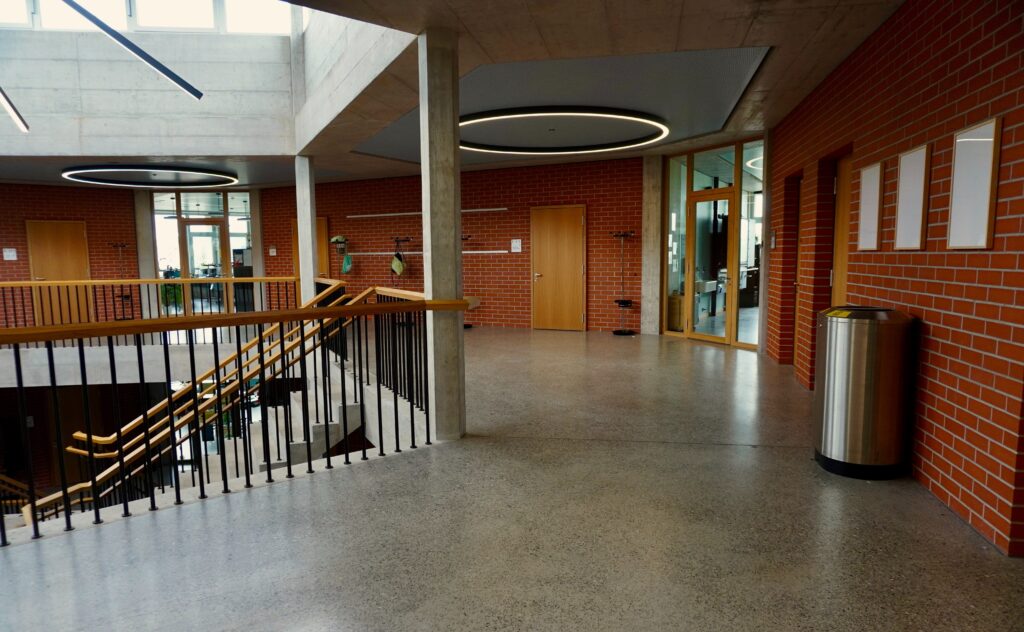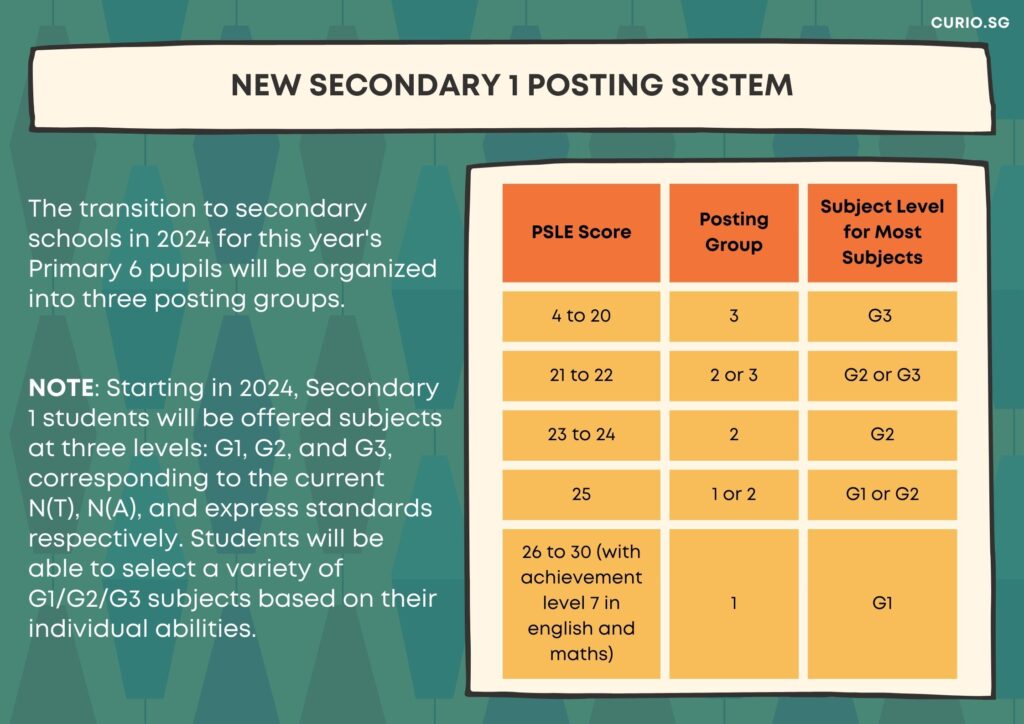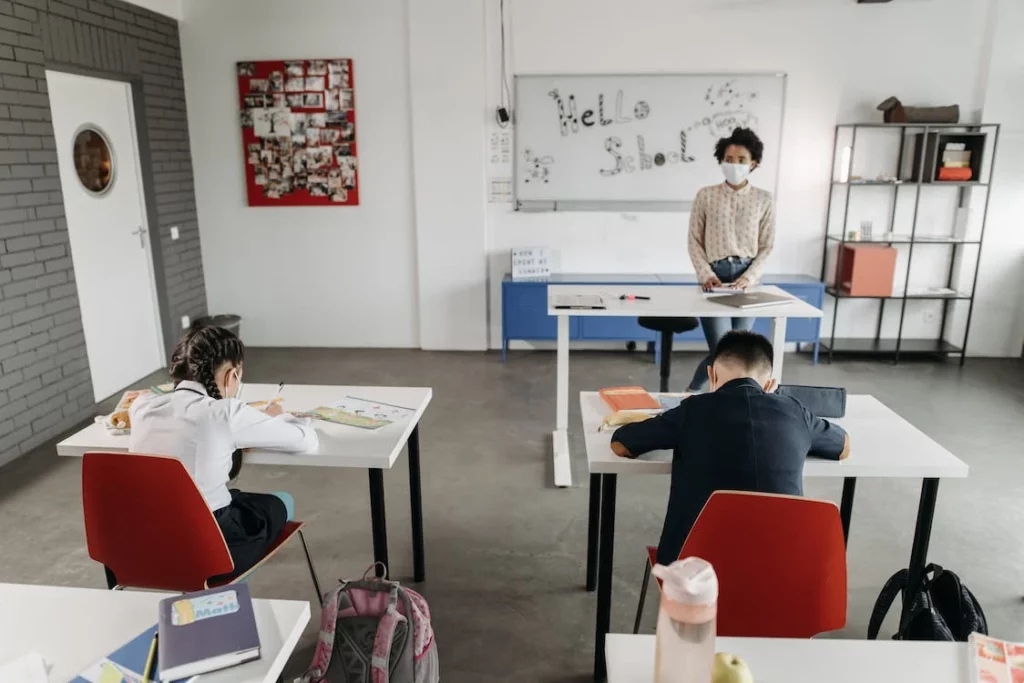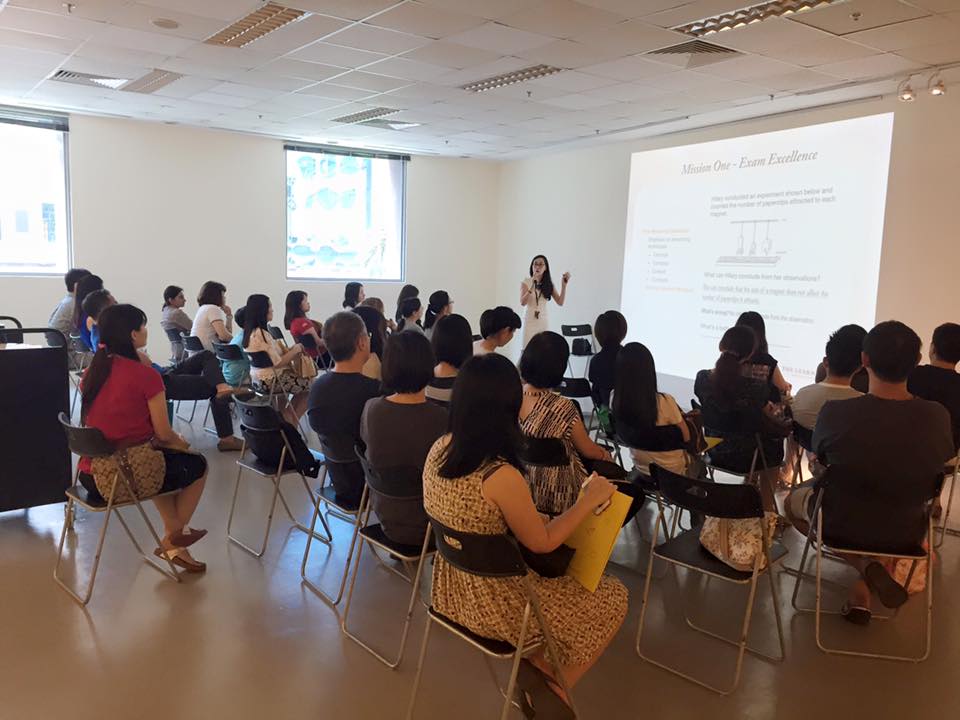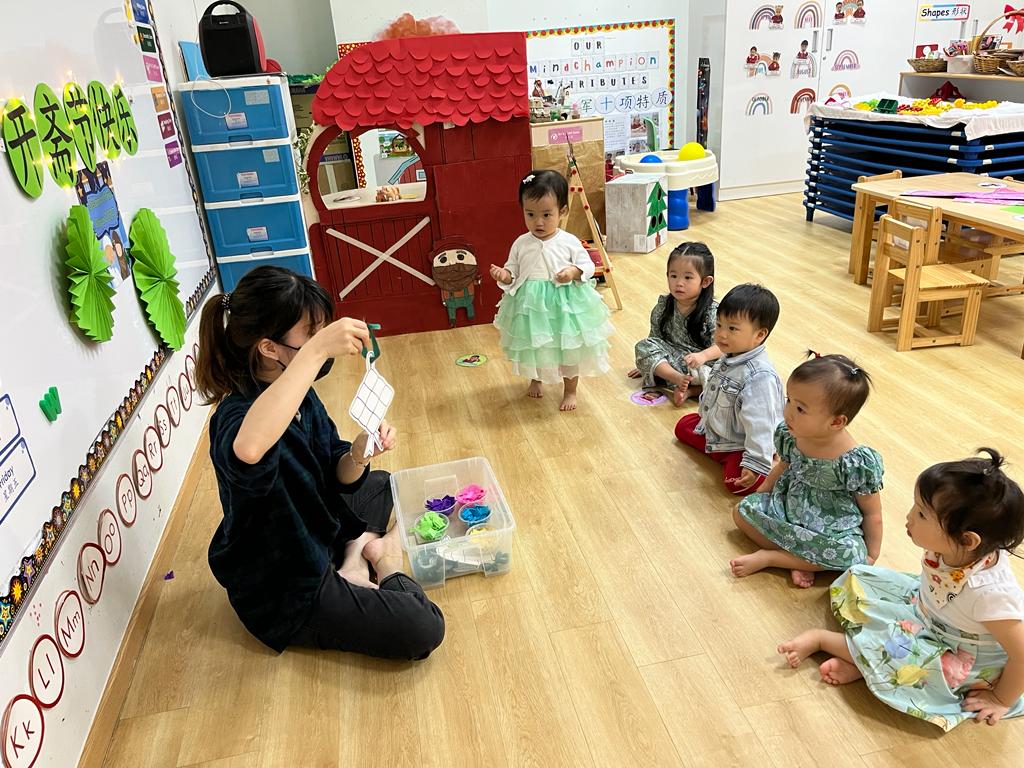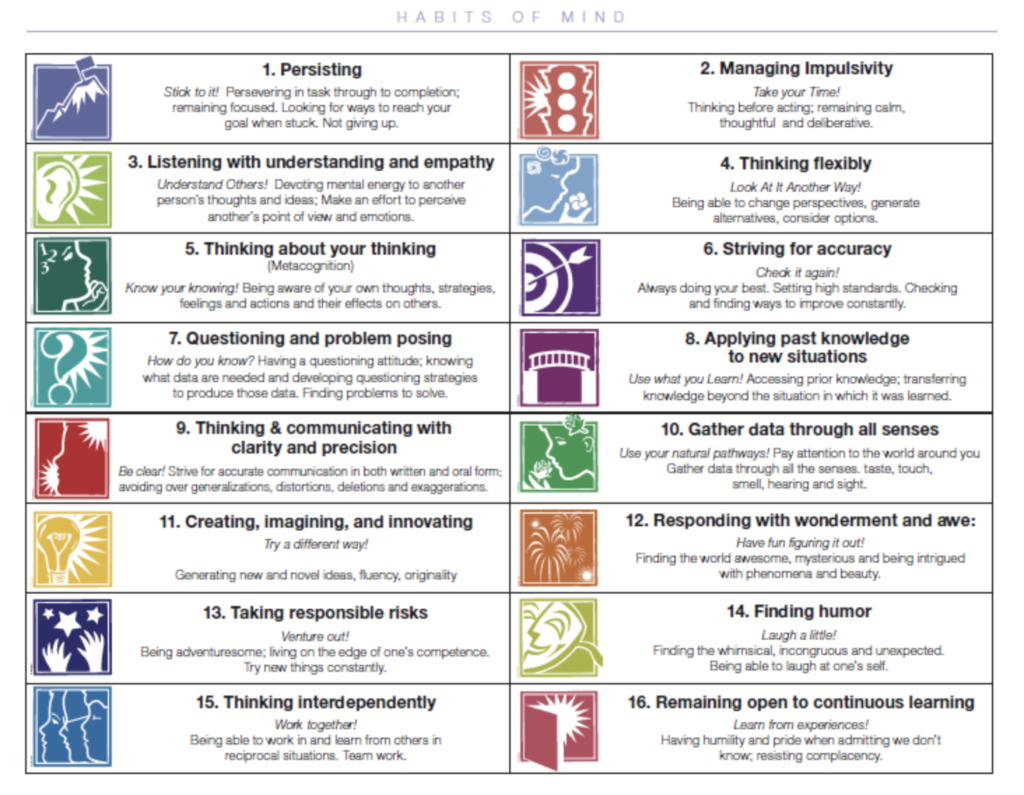"Guide your kids to stay focused in their studies by keeping them away from distractions like social media, TV, and online games."

Social media, television, and online games are some of the most popular distractions for kids – and adults too! – these days. How can you help your children to stay focused during study sessions? The irresistible allure of these digital distractions can easily divert young minds from the less appealing realm of study. This article seeks to provide parents with five practical tips to help them navigate this modern difficulty, including the incorporation of effective and engaging learning games to make studying less boring.
Sit With Your Kids

To avoid distractions, join your children as they work on their homework whenever time permits. Take the opportunity to delve into the specifics of their lessons, providing clarity on the objectives they are meant to achieve. Teach your children how to overcome difficulties when doing schoolwork or answering questions they don’t understand.
By taking the time to ensure that your children understand the complexities of their tasks, you help to create a good learning atmosphere. This proactive approach enables you to detect any possible issues they may encounter, providing an opportunity for timely intervention and guidance.
Set Up for the Next Task

Before they complete their most immediate task, it’s a good idea to brief your kids on what comes next, giving them a clear picture of upcoming work that also needs attention.. It can be beneficial to prioritise homework with approaching deadlines, completing those assignments first before moving on to activities with longer timelines or starting with easier subjects before progressing to more difficult ones, as addressing tough subjects right away can be time-consuming.
Another effective strategy is to break down work by separating bigger tasks into smaller, more manageable sections. This method helps children comprehend each step required and allows for a more concentrated and methodical approach to finishing the assignment. The ultimate goal is to help your children focus on the task at hand. Distractions and confusion can be reduced by being open about what’s coming up and breaking assignments down into smaller components, allowing them to concentrate more efficiently.
Prioritise Sleep

Prioritising enough sleep is critical for youngsters before they engage in cognitive tasks such as studying. Taking a break improves concentration and focus by acknowledging the physiologic effects of sleep on brain function. Memory consolidation and neural healing are two processes that occur during sleep.
A power nap after school can provide kids with an immediate increase in energy and alertness, resulting in a more effective study session. A well-regulated sleep schedule works wonders on children’s focus, learning, and academic achievements.
Bring in the Fun with Memory Games

Introducing memory games into a child’s routine can provide entertainment while also improving their ability to focus and eliminating distractions during study sessions. These games are enjoyable to play, and they promote cognitive development and memory skills. By introducing playfulness into the learning process, children are more likely to pay attention and absorb knowledge successfully. Memory games not only make studying pleasant, but they also help to establish a good link with learning. As a result, incorporating these games not only helps to strengthen memory but also produces a more focused and productive learning environment for children.
Here are a few examples of memory games that can be incorporated into learning activities:
- Matching Cards: Create a set of flashcards with pairs of related concepts, vocabulary words, or images. Shuffle the cards and place them face down. Encourage the child to flip two cards at a time, attempting to match the pairs. This game improves memory by linking similar elements.
- Story Sequencing: Break down a lesson or a story into key points. Have the child arrange these points in the correct sequence, recalling the details. This activity helps improve both memory and understanding of chronological order.
- Colour-Coded Concepts: Assign different colours to distinct themes or categories in the study materials. Use colourful markers, highlighters, or stickers. This visual association improves memory retention and categorization.
Understand Your Child

Understanding your child’s unique interests and learning style is critical for encouraging focused and productive studying. Every child is unique and understanding these variances can have a big impact on their ability to concentrate. Some children excel in study groups and find inspiration and focus in collaborative environments, whereas others prefer to study alone. Similarly, some children may succeed under the supervision of a private tutor, while others find that their concentration improves during school classes.
Moreover, the environment also matters. Some children can concentrate better in a quiet room free of distractions, whereas others may require background music to help them focus. By taking the time to understand your child’s preferred study settings, you can personalise the learning experience to their specific needs, ultimately improving their attention and academic achievement.











